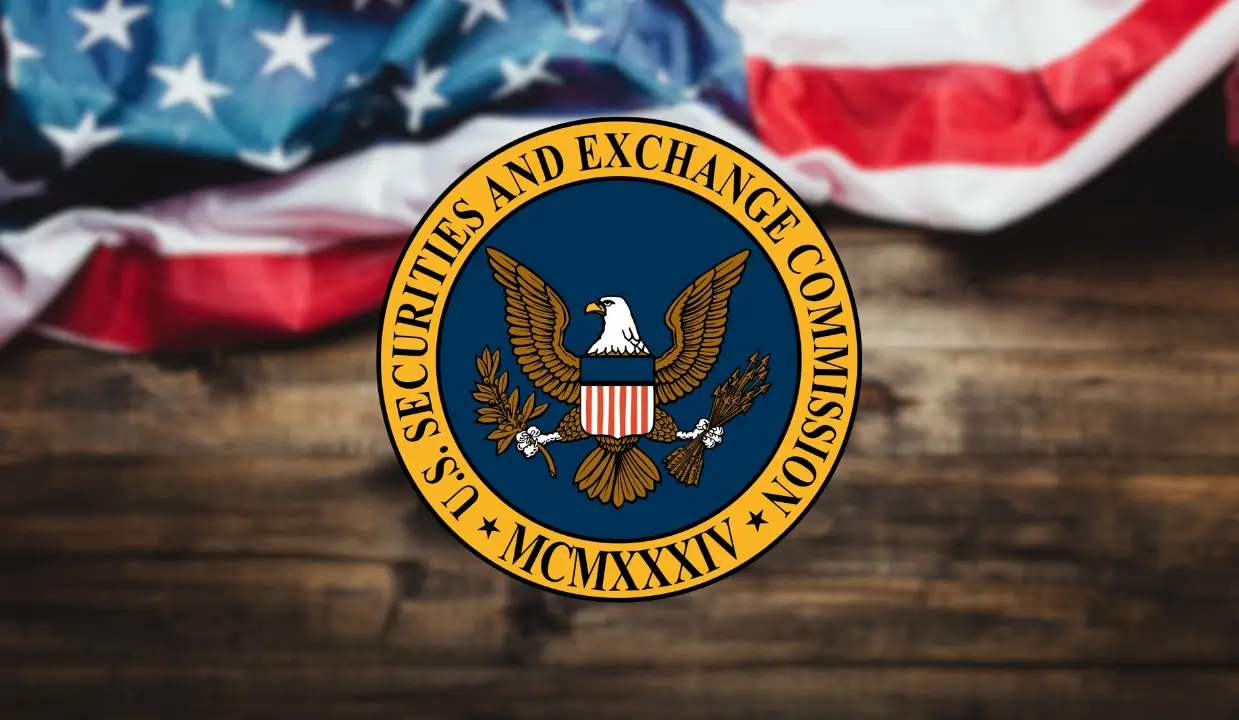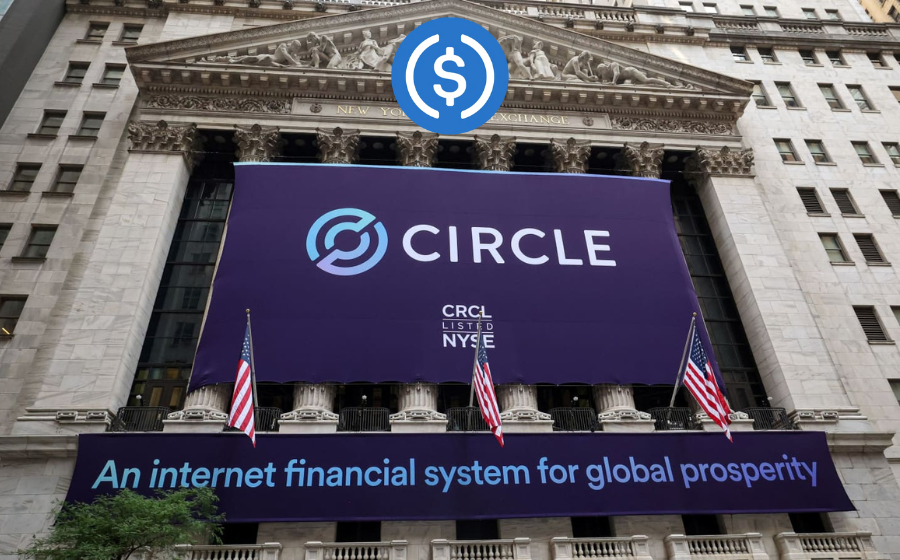
KEYTAKEAWAYS
- SEC's approval of Bitcoin ETFs marks a significant shift, attracting investors and trading volumes.
- Concerns about Bitcoin's nature and market volatility persist among regulators.
- Centralization risks highlight the importance of consensus in the cryptocurrency community.

CONTENT
SEC’S APPROVAL AND MARKET REACTION
The U.S. government recently approved the listing of Bitcoin spot exchange-traded funds (ETFs), which began trading on the U.S. stock market on January 11. This decision marks a significant shift in the approach to cryptocurrency investments, allowing U.S. investors to invest in Bitcoin in the form of purchasing shares, akin to investing in gold ETFs without the need to directly buy gold. This new investment tool has primarily attracted three groups: individuals hesitant to buy Bitcoin directly due to security concerns, existing Bitcoin holders willing to pay management fees to convert their Bitcoin holdings into ETFs for professional custody, and institutions that wished to recommend Bitcoin to investors but lacked appropriate tools.
The U.S. Securities and Exchange Commission (SEC) approved the applications for Bitcoin spot ETFs from 11 firms overnight, breaking its previous stance of refusal. This open move attracted significant attention, with trading volumes reaching $4.6 billion on the first day, matching the 24-hour trading volume of all currencies on Binance, the world’s largest cryptocurrency exchange, surprising many. For example, the iShares Bitcoin Trust launched by BlackRock held over 11,000 Bitcoins for clients, valued at nearly $500 million, reflecting the market’s optimistic expectations for the future price of Bitcoin.

CONCERNS AND OPPOSITIONS
SEC Chairman Gary Gensler expressed deep concerns about the nature of Bitcoin when announcing the approval of Bitcoin ETFs. He noted that, unlike metal ETFs, Bitcoin is primarily viewed as a speculative and highly volatile asset, often associated with illegal activities such as cyber ransom, money laundering, sanctions evasion, and funding terrorist organizations. Gensler’s comments reflect some financial regulators’ fundamental worries about incorporating Bitcoin into the traditional financial system.
SEC commissioner Caroline Crenshaw delved into the substantive issues of Bitcoin ETFs, especially regarding regulation, asset custody, and market volatility. She highlighted the risks of fraud and market manipulation due to the SEC’s limited understanding and regulatory capacity over globally dispersed Bitcoin spot markets. Crenshaw also pointed out the potential adverse effects on ETF investors due to Bitcoin’s price volatility, questioning how to protect investors’ interests in unpredictable market conditions.
RISKS BEHIND BITCOIN SPOT ETFS
The discussion on Bitcoin spot ETFs brings to the forefront the issue of centralization risks. While ETFs offer convenience and security to investors, this comes at the cost of entrusting traditionally decentralized Bitcoin assets to centralized institutions like Coinbase, raising concerns about asset security and the erosion of Bitcoin’s decentralizing spirit.
Facing these centralization risks, the cryptocurrency community emphasizes the importance of consensus. In extreme cases, such as asset theft or institutional errors, the community can use mechanisms like hard forks to reassert asset ownership and distribution. This approach is grounded in a deep trust in decentralization and the community’s ability to reach consensus, as demonstrated by Ethereum’s hard fork following The DAO incident and the Steemit community’s fork into Steem and Hive.
CONCLUSION
In response to centralization risks, the fundamental solution lies in enhancing Bitcoin’s decentralized characteristics through technological advancements and community consensus mechanisms. This approach underscores Bitcoin’s identity not just as a digital currency but as a social contract based on decentralized principles, reliant on global user consensus rather than control by any single centralized institution.
















